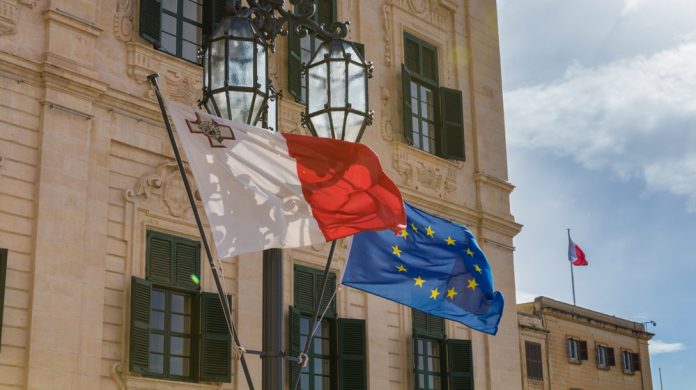The Malta Gaming Authority has commented on the amendments to the country’s Gaming Act – also known as Bill 55 – in response to recent criticism, stating that it is “in full conformity with EU law”.
Changes to Bill 55 back in June will now prevent enforcement actions against MGA-licensed operators under two sets of circumstances:
- If an action conflicts with or undermines the provision of gaming services in Malta it cannot be undertaken.
- If the action made by the operator relates to an authorised activity lawful under the Gaming Act.
Essentially, Maltese courts could refuse recognition and enforcement actions in Malta by foreign betting and gaming regulators.
The amendments have come under scrutiny since they were made. Germany’s gambling regulator, Gemeinsame Glücksspielbehörde der Länder, criticised the amendments earlier this week, stating that it believes it doesn’t comply with European law.
However, in a statement on its website, the MGA noted that Bill 55 is “in full conformity with EU law and is based on the freedoms afforded to an entity established within the internal market”.
The authority stated that Article 56A’s purpose is to “enshrine into law the long-standing public policy of Malta in relation to the gaming sector”.
The MGA remarked that the Maltese law “does not create additional or separate grounds for refusing to recognise or enforce judgments to those already established under EU regulations” and that “it is simply an interpretation of the ordre public grounds for refusal envisaged in said EU regulation”.
The scope of the amendments is “highly restricted”, said the authority, and the law “does not preclude any action whatsoever from being taken against a licensee”.
Citing that “cumulative elements” must be met before Article 56A can be triggered, the MGA added: “The provisions shall only be applicable when the action – taken by an operator against a player, or a player against an operator – conflicts with or undermines the legality of the Maltese framework, and is related to activity which is lawful in terms of the Gaming Act and the other regulatory instruments applicable to the Malta Gaming Authority’s licensees.
“The Maltese gaming framework, in turn, is in full conformity with EU law and is based on the freedoms afforded to an entity established within the internal market.”











